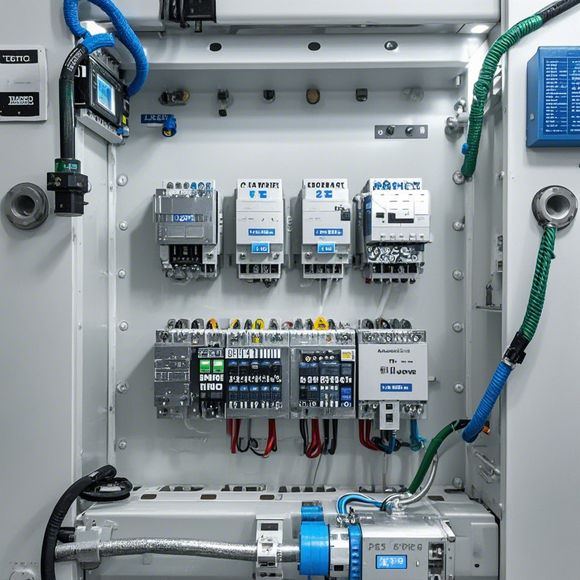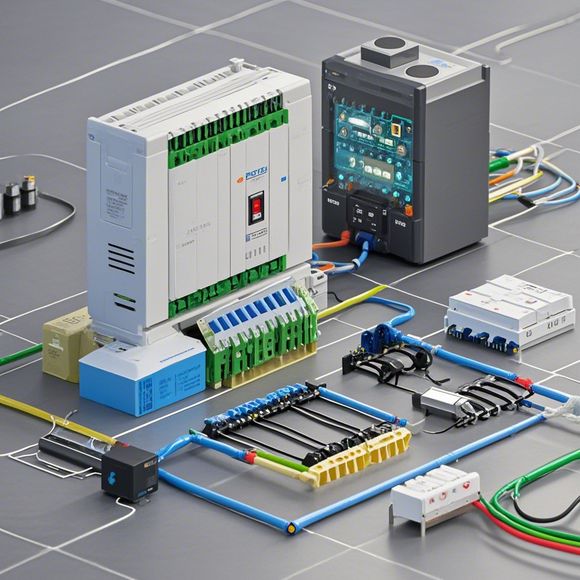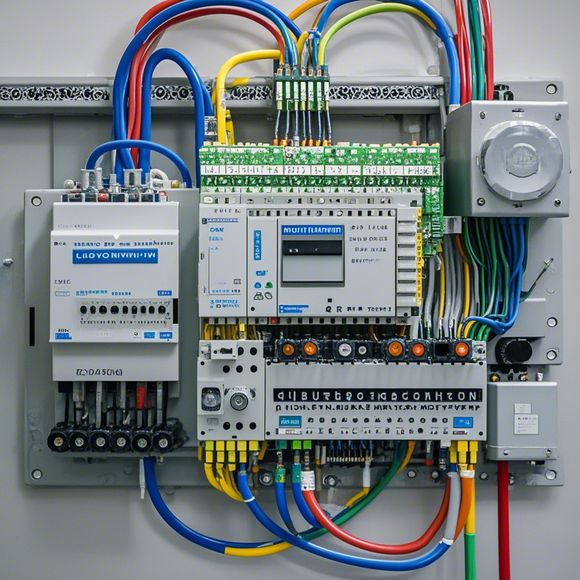PLC Control System for Enhanced Automation in the Manufacturing Industry
Opening statement:
Hello everyone,

Today, I'm thrilled to be here with you all and share insights on the importance of PLC (Programmable Logic Controller) systems in modern manufacturing processes. These systems are like the backbone of our industrial revolution, providing a robust platform for automation, streamlined control, and increased efficiency across various sectors.
PLCs, short for Programmable Logic Controllers, are designed to handle complex tasks by executing instructions based on predefined logic. They are widely used in industries such as automotive, manufacturing, and even in consumer electronics where precise timing and coordination are critical. In this session, we will delve into how PLCs can help us achieve greater levels of productivity and reliability, while also discussing their advantages over traditional controllers.
Firstly, let's talk about what makes PLCs so special. Unlike traditional controllers that rely on physical switches, PLCs use software to manage and control various functions within a system. This means that they can be programmed to perform specific tasks, making them incredibly flexible and adaptable. For instance, if your factory needs to produce a new product line, you can easily adjust the PLC code to accommodate changes without affecting other processes.
Another significant advantage of PLCs is their ability to communicate with each other. In today's complex world of interconnected machines, having multiple controllers working together seamlessly is essential. PLCs can connect with each other using standard protocols, enabling data exchange and real-time updates. This not only improves efficiency but also ensures safety and reduces the risk of errors or miscommunications occurring.

Now, let's discuss some practical examples of how PLCs can enhance our manufacturing operations. One of the most common scenarios involves the assembly process in automotive factories. With PLCs, these factories can now produce cars with higher precision and consistency, thanks to the ability to precisely control individual parts and processes. Additionally, PLCs can monitor the health of machinery, ensuring they are functioning properly at all times.
In manufacturing, PLCs can significantly reduce downtime caused by faulty equipment or outdated technology. With their built-in diagnostics, PLCs can quickly identify problems and take corrective action, minimizing downtime and increasing overall productivity.
Another area where PLCs have made a significant impact is in the field of robotics. With their ability to program and control robotic arms and hands, PLCs can enable more efficient and accurate work in factories and warehouses. For instance, PLCs can coordinate the movements of robots, ensuring they follow precise paths and perform their tasks accurately without any errors.
Finally, let's consider the environmental impact of using PLCs. Compared to traditional controllers, which often involve large amounts of energy consumption due to their reliance on physical switches, PLCs use much less power. This not only reduces carbon emissions but also saves money on utility costs over time.

In conclusion, PLC systems are not just about controlling machines; they are about enhancing the way we operate and innovate in the modern world. By leveraging their capabilities, we can create more efficient, reliable, and sustainable production processes. It's clear that investing in the right kind of technology is key to staying ahead in an ever-changing industry landscape.
Thank you for taking the time to listen to me today, and I hope that you feel inspired to explore how PLC systems can transform your business. If you have any questions or comments, please feel free to share them. And don't forget, the future belongs to those who dare to dream big and act boldly!
Content expansion reading:
Articles related to the knowledge points of this article:
PLC (Programmable Logic Controller) Control System Basics
The Role of Programmable Logic Controllers (PLCs) in Foreign Trade Operations
Effective Strategies for Handling PLC Control System Faults
What is a Programmable Logic Controller (PLC)
PLC Controller Advantages: A Comprehensive Guide for Success in Global Trade
Mastering the Art of PLC Control: Unlocking Industry-Grade Automation Powerhouses